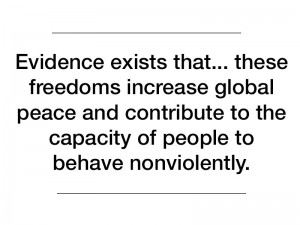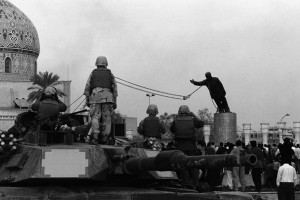Hong Kong has a long and unique history. After the First Opium War (1839-1842), the British Empire and China signed the Treaty of Nanking, ceding dominion of Hong Kong to the British. Roughly fifty years later, Britain and China signed the Second Convention of Peking, effectively leasing the UK the territory for 99 years without fee. Acknowledging Japanese occupation during World War II, the UK retained control for the given amount of time, relinquishing power over Hong Kong back to the Chinese government in 1997. Since then, Hong Kong has experienced much turmoil concerning its political relationship with the Communist Party.
 As it currently stands, Hong Kong is governed by three branches of government as outlined in their constitution, The Basic Law: a judicial structure — which is not so controversial; a legislative council of 70 members, of whom 40 are directly elected (which has caused much anger); and the controversial executive branch. The lead official in the Hong Kong Special Administrative Region (as termed by China) is the Chief Executive Officer. Currently, the selection of the Chief Executive is an action performed by an electoral-college-style committee of 1200 members. This committee is, according to critics, an instrument of Beijing, inflicting the will of the Party upon the supposedly separate territory.
As it currently stands, Hong Kong is governed by three branches of government as outlined in their constitution, The Basic Law: a judicial structure — which is not so controversial; a legislative council of 70 members, of whom 40 are directly elected (which has caused much anger); and the controversial executive branch. The lead official in the Hong Kong Special Administrative Region (as termed by China) is the Chief Executive Officer. Currently, the selection of the Chief Executive is an action performed by an electoral-college-style committee of 1200 members. This committee is, according to critics, an instrument of Beijing, inflicting the will of the Party upon the supposedly separate territory.
In response to a recent wave of criticism calling for democratic elections of all elected officials in the Region, China has responded with a concession – they will allow the direct election of the Chief Executive by all legal adult voters by 2017. However, they said, a nomination committee made of members from the previous “electoral” committee would handpick the candidates. This small deviation from a more true democratic process, is what has garnered so much rage.
On September 22, 2014, a group of university students flooded the streets declaring a week-long boycott of all classes in response to the decision from Beijing. Six days later, an existing protest movement named Occupy Central With Peace and Love, which had been planning a protest anyway, decided to jump into the wave of momentum with the students, which added significant numbers to the crowds in the streets.
Initially a nonviolent campaign organized as a social protest, Occupy Central With Peace and Love was largely ignored by the city and its officials. Soon after, however, the protest stretched into its second and third weeks, with camps of students and other angry civilians blocking the entrances to major government buildings in certain neighborhoods of Hong Kong. By October 2, the current Chief Executive had given up, offering his resignation – which the student leaders later accepted. The protesters erected barricades to block traffic and a large number have set up temporary camps in the streets and parks around Hong Kong’s central district. In recent days, police have worked to take down the barriers, work which has only led to significant clashes between the city workforce and the protesters. More than 50 people have already been injured in the alterations between police and workers and the protesting students and citizens.
On Tuesday October 12, 2014, five student leaders, wearing t-shirts that read “freedom now” met with officials from the government. Early reports have said that nothing much was accomplished, terms were offered and denied. The students have a goal they are unwilling to relinquish. For now they will go on, garnering the support of activists from China (many from Tiananmen Square), Russian, Serbia, and other nations around the world. Committed to meeting with the representatives again, both parties are hopeful but determined to reach a conclusion.


